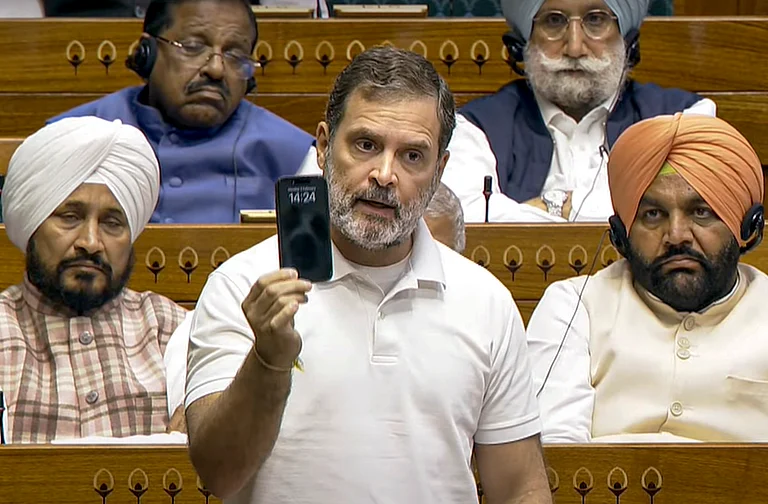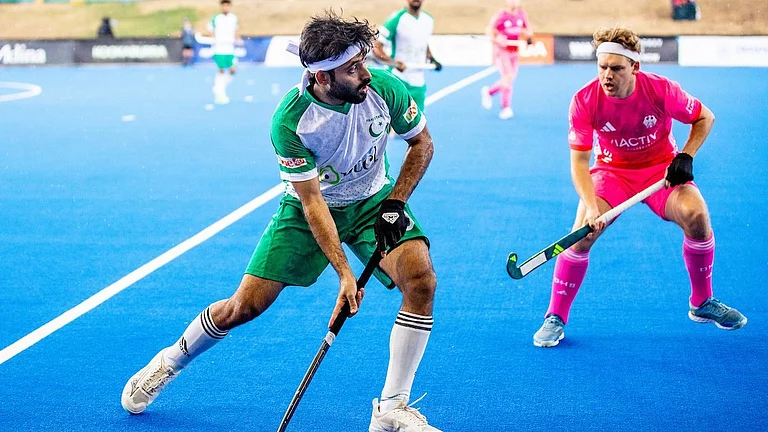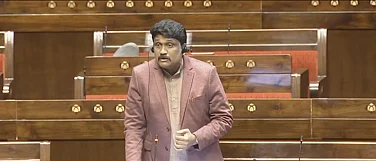Political parties in Kashmir may have come up with the People's Alliance for Gupkar Declaration, but several leaders who are part of the alliance want it to be broadened.
The Alliance announced on October 15 after a meeting at National Conference Chairman Farooq Abdullah’s residence, has pledged to fight for the restoration of Article 370 and for the resolution of the Kashmir issue.
“There are two levels of the alliance, one is to fight restoration of Article 370 and struggle for resolution of Kashmir issue. That is done. Now we have to think on another level. That is what would be electoral politics of the alliance,” says senior NC leader Syed Basharat Bukhari. Bukhari, who has served as law and justice minister previously, says if tomorrow elections would be announced by the Centre, it has to be decided whether the parties in the People’s Alliance for Gupkar Declaration should participate in the polls or fight elections jointly or separately.
“These are very serious and sensitive issues and modalities should be drafted on these lines as well. There should be no ambiguity. The parties have to think in totality,” he says. He says if these issues are not attended to now, they have the potential to complicate things for an alliance tomorrow.
At the same time, Apni Party’s senior leader Choudhary Zulfikar Ali has called for unity among all the political parties in J&K to fight for the restoration of statehood and restoration of Article 370, Article 35A. The statement from the Apni Party leader shows the emerging of fissures in the party, which in its meeting with Prime Minister early this year had described August 5 as a watershed moment for Jammu and Kashmir.
The Gupkar declaration is a resolution that was passed on August 4, 2019 —by the National Conference, People’s Democratic Party, Congress, People’s Conference, and smaller parties including Awami Ittehad Party (AIP) of Engineer Rashid, Jammu and Kashmir People’s Movement of Shah Faesal, and some smaller parties—to defend J&K’s special status. The first Gupkar resolution was signed at the residence of three-time ex-chief minister Farooq Abdullah, located on Gupkar Road in the heart of Srinagar.
A day later, on August 5, 2019, the BJP government revoked Article 370 amid arrests of around 8000 people including three former chief ministers and enforcing a security and communication lockdown.
This year on August 22, despite the crackdown, the signatories of the resolution surprised the government by issuing a joint statement describing abrogation of Article 370 as grossly unconstitutional and a challenge to the basic identity of the people of J&K. On October 15, a day after the release of former chief minister Mehbooba Mufti, the parties formed “People’s Alliance for Gupkar Declaration.”
Earlier such an alliance was formed in the Ladakh region. In Ladakh, the main parties formed a joint alliance called the People's Movement of Ladakh for the Sixth Schedule. Ahead of the Ladakh Autonomous Hill Development Election polls scheduled to be held on October 25, they met the Home Minister to press for their demand. Peoples Movement of Ladakh for Sixth Schedule is an amalgam of different organisations including Congress, BJP, AAP, Ladakh Buddhist Association, but all these parties in the groupings fighting elections separately.


























